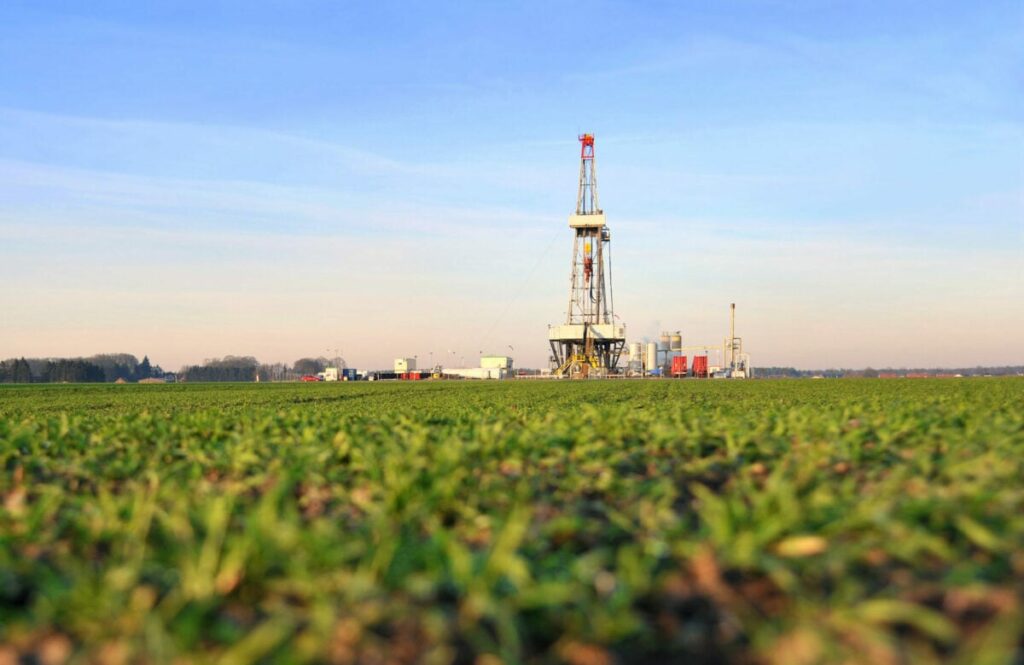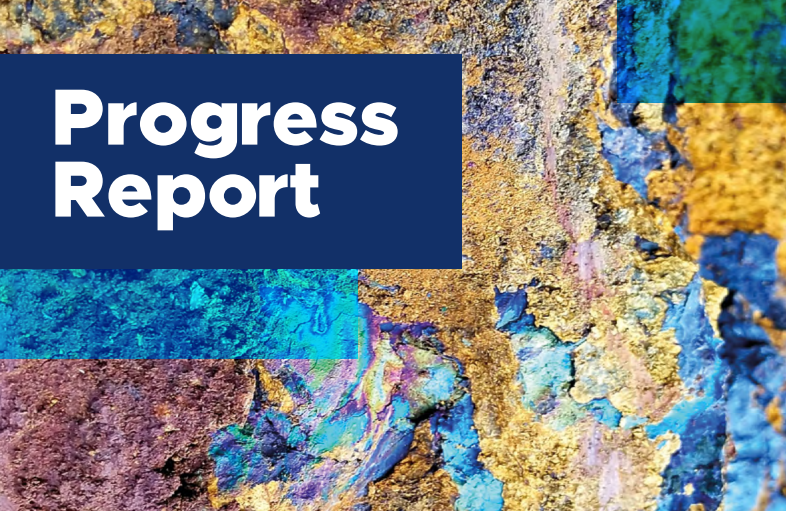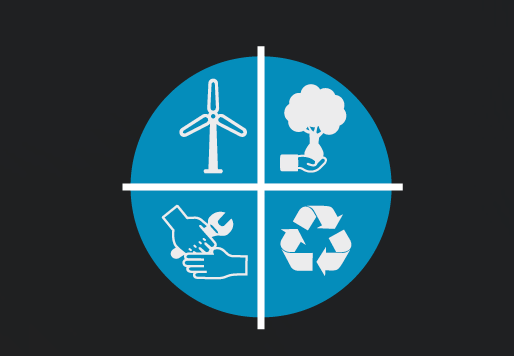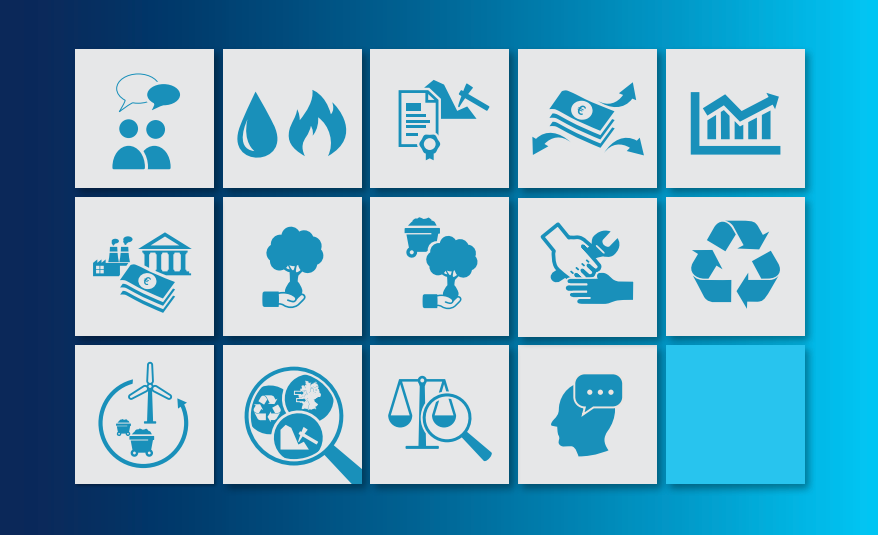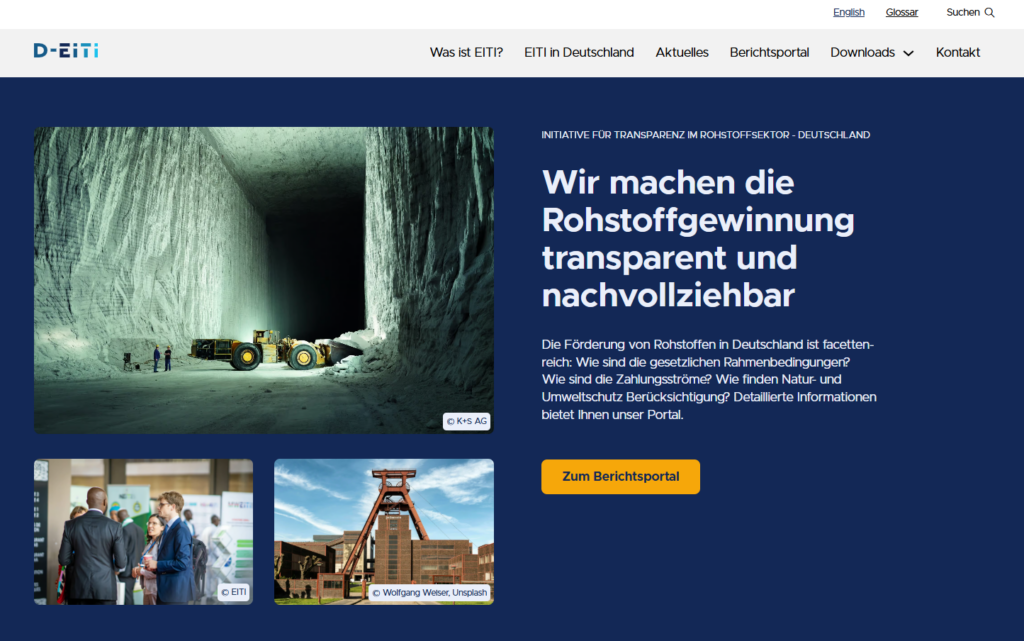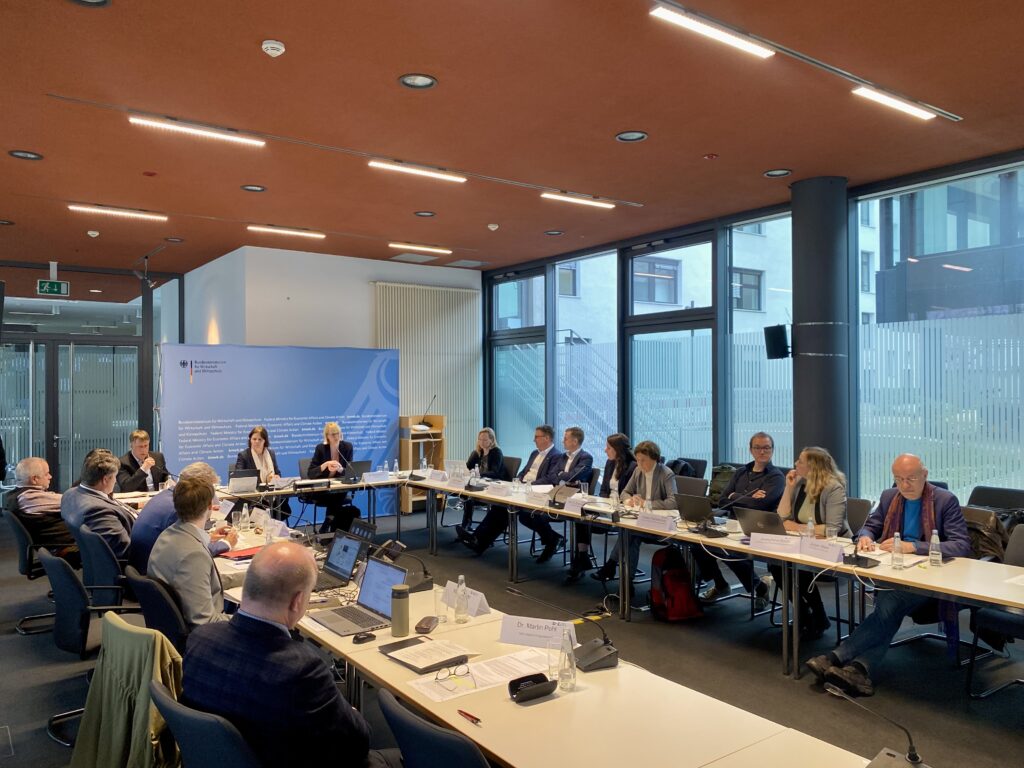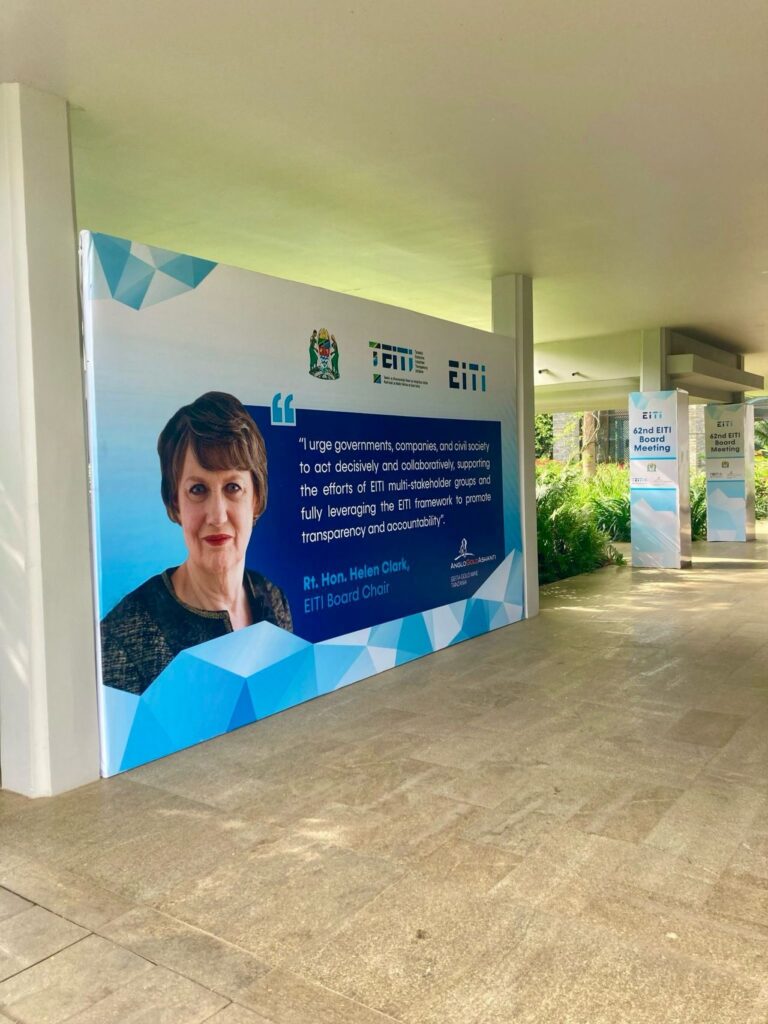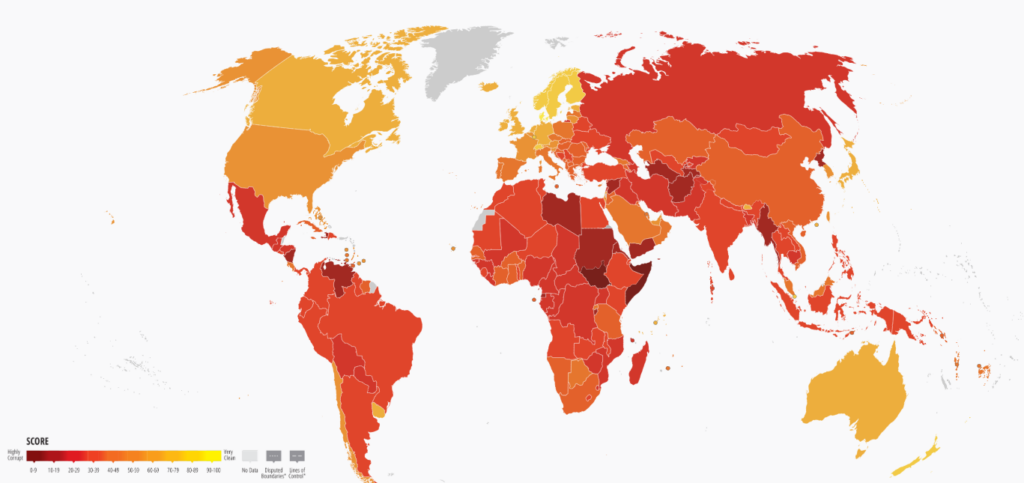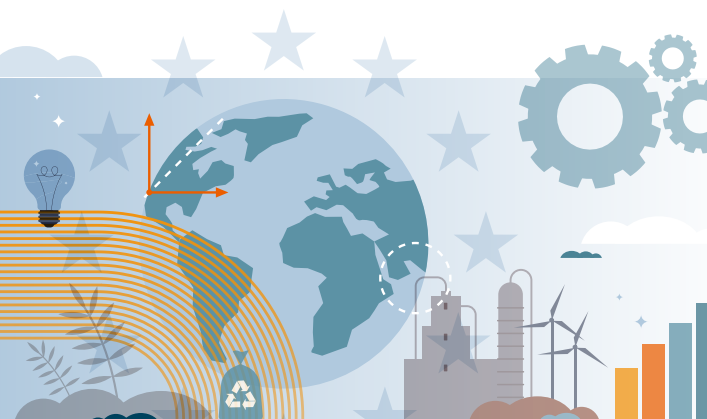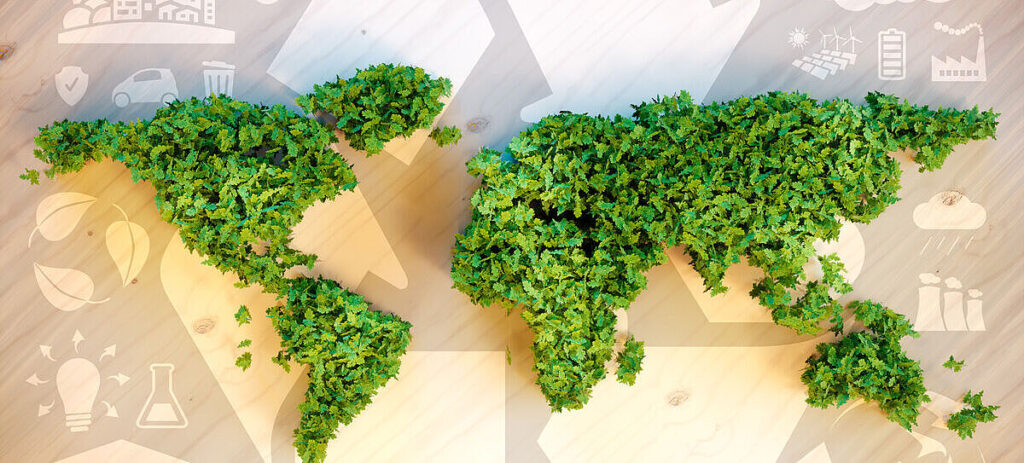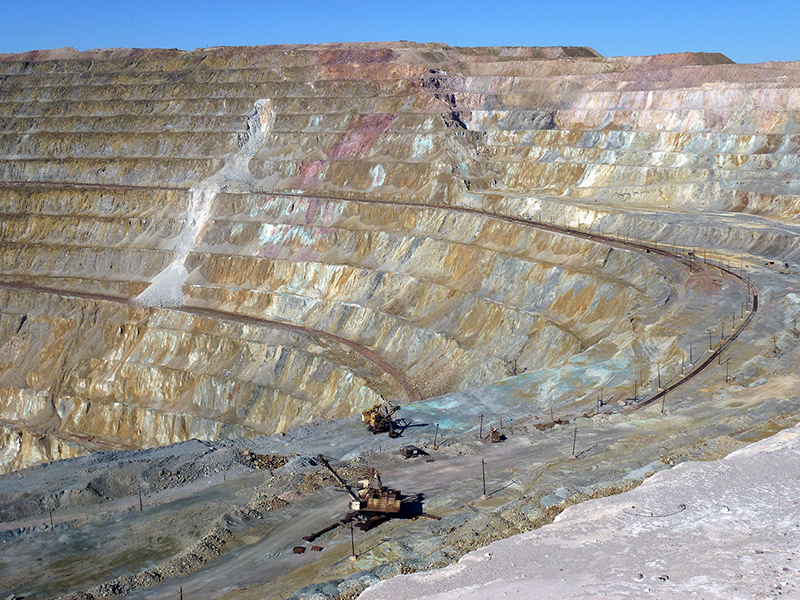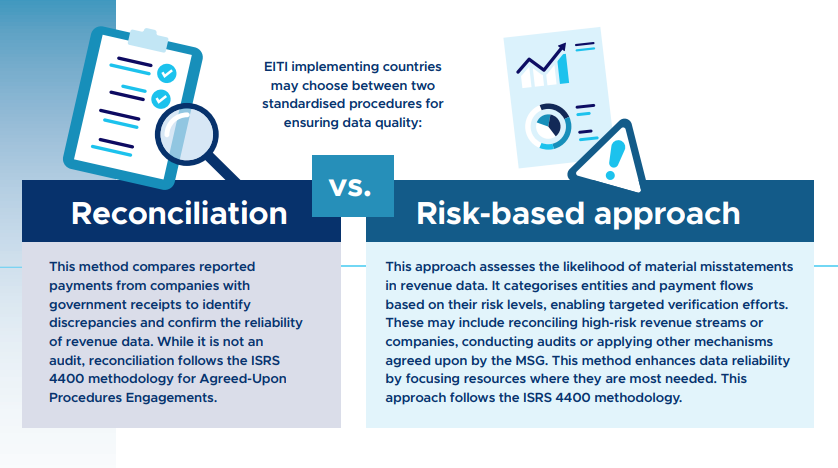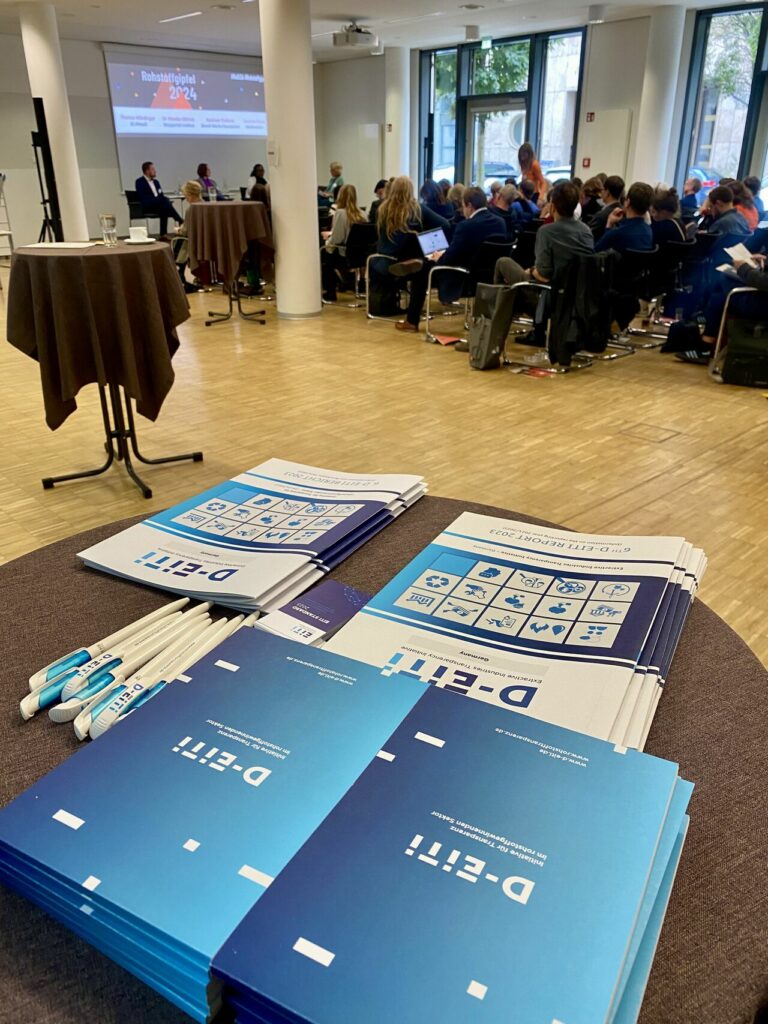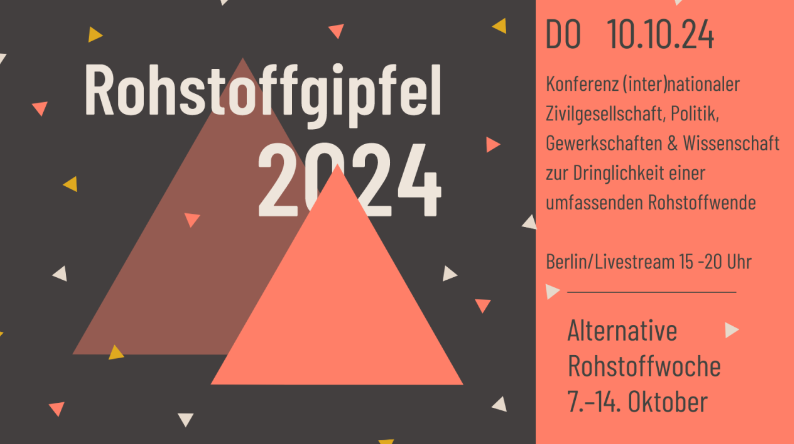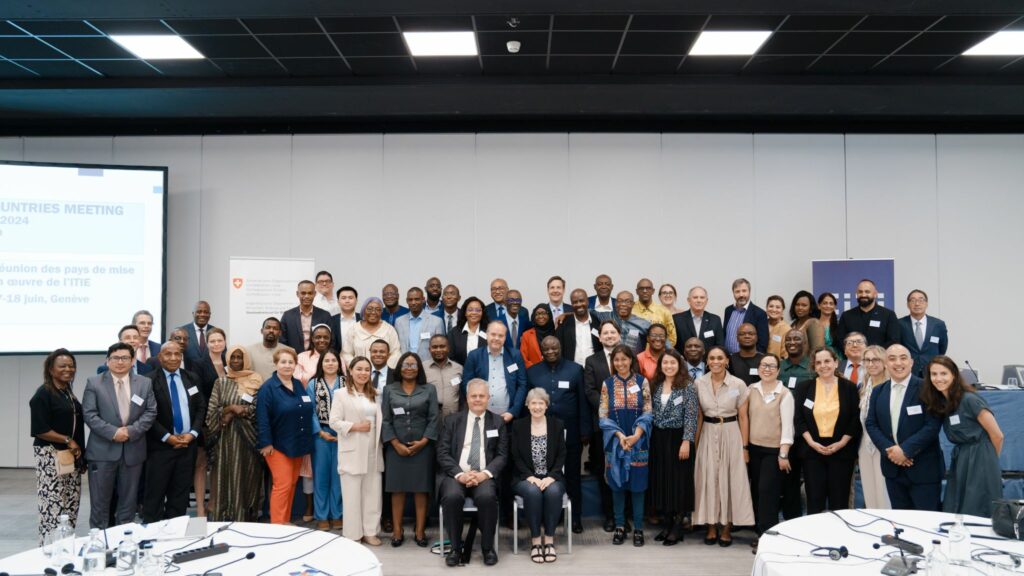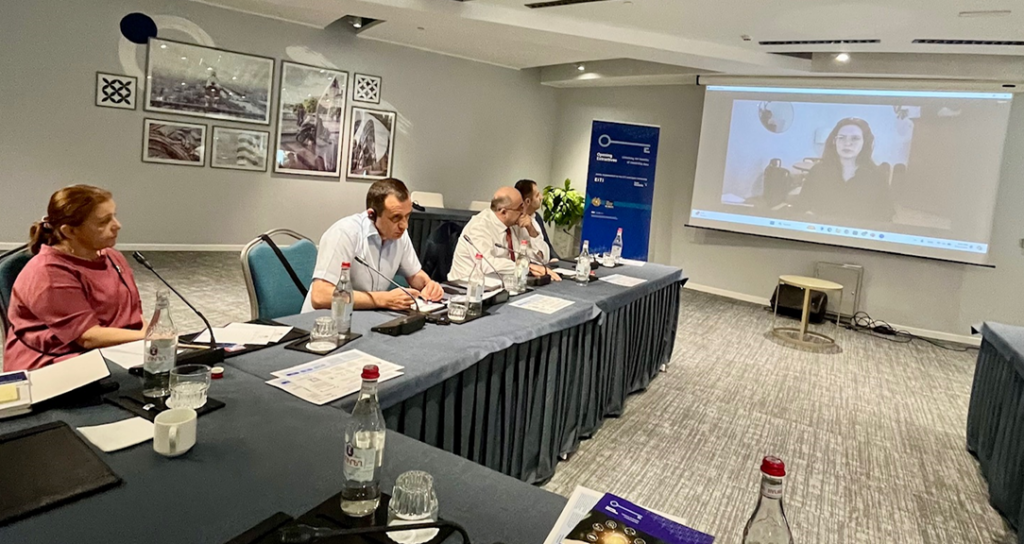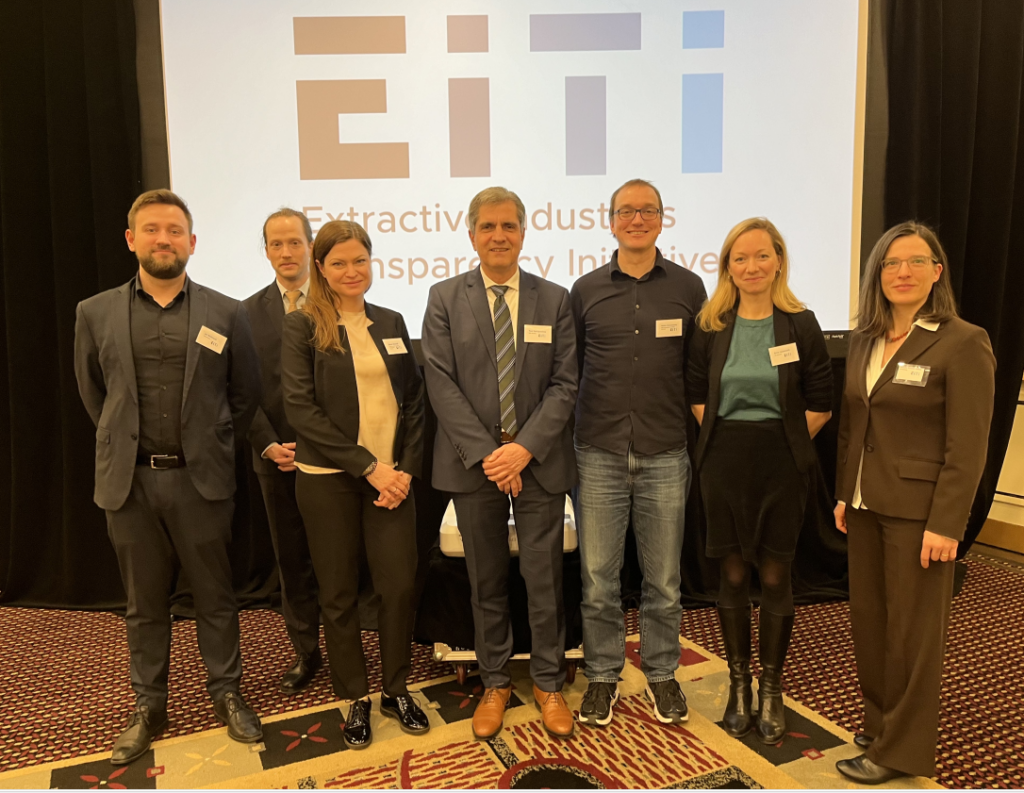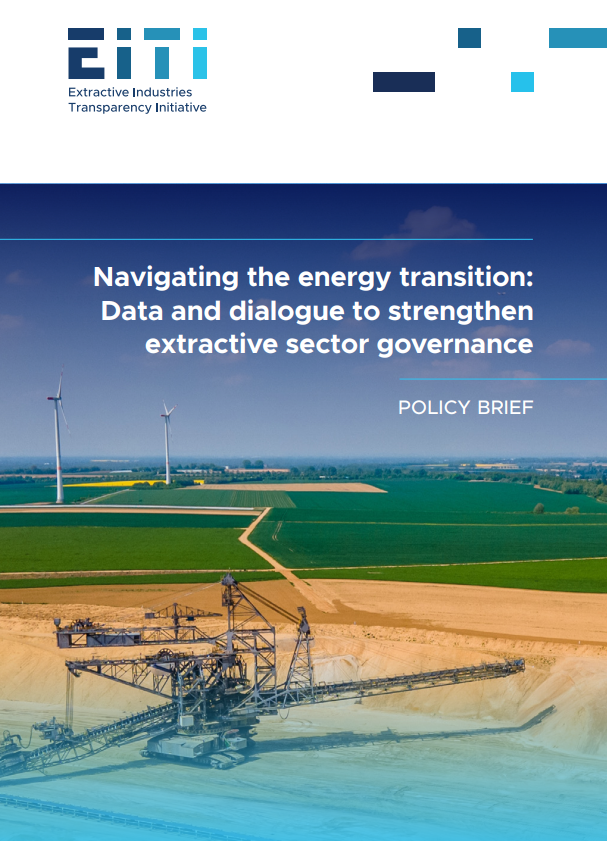News
Updates on security of supply in Germany
June 17, 2025

BVEG Annual Report 2024 published
April 25, 2025

New EITI Progress Report published
April 15, 2025

Updates on Circular Economy and Recycling
April 11, 2025

Short version of the 7th D-EIT report online
April 03, 2025

New Website for D-EITI
April 01, 2025

First MSG-Meeting in 2025!
March 28, 2025

62. EITI Board Meeting in Arusha, Tansania
March 13, 2025


Corruption Perception Index 2024 published
March 11, 2025

A Raw Materials Agency for Europe? – New Study by the Foundation Work and Environment of IG BCE
February 05, 2025

BMUV releases National Circular Economy Strategy (NKWS)
January 25, 2025

BGR Raw Materials Situation Report 2024 published
December 19, 2024

D-EITI pilot for payment reconciliation becomes EITI standard procedure
December 16, 2024

2nd Raw Materials Summit organized by the Raw Materials Working Group in Berlin, 10.10.2024
October 14, 2024

5th Alternative Raw Materials Week from October 7-14 in Berlin
September 23, 2024

EITI National Coordinators Meeting in Geneva
August 12, 2024

Peer learning between D-EITI and Armenia EITI
July 14, 2024

59. Board Meeting in Toronto
March 04, 2024


EITI Policy Brief – Navigating the Energy Transition
January 23, 2024

Seventh D-EITI Reporting published!
January 20, 2024


